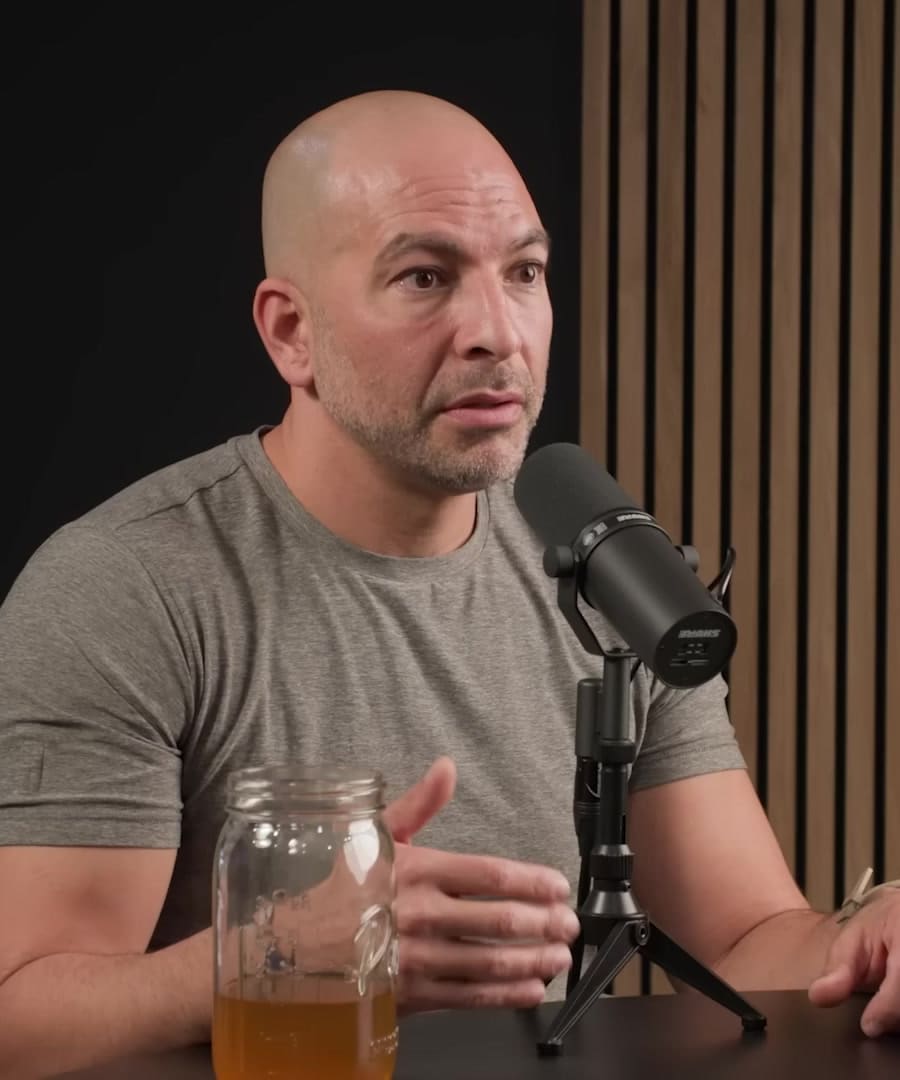Colon health and colon cancer
Sources:
Understanding colon health and cancer involves exploring several key aspects of prevention, screening, and underlying biological mechanisms.
Importance of Screening for Colon Cancer
Colon cancer is largely preventable through early detection. Dr. Peter Attia emphasizes that all colon cancers originate from polyps, which can be detected during a colonoscopy, making proactive screening essential. He suggests that individuals should begin screenings by age 40, even though guidelines recommend starting at 45. This approach stems from the fact that colon cancer is the third leading cause of cancer death but is 100% preventable with proper screening measures 1.
Genetic Screening and Risk Factors
Genetic screenings can provide insights into predispositions for certain types of cancer, including colon cancer. Attia discusses the significance of genetics in the context of family history and the need for aggressive screening practices regardless of personal or familial cancer history 1.
Dietary Factors: The Role of Fiber
Incorporating dietary fiber into one’s diet is significantly linked to colon health. Studies show that increased fiber intake is associated with a reduced risk of colorectal cancer and overall mortality—approximately a 10% reduction in risk for every additional 10 grams of fiber consumed daily. Fiber acts as a prebiotic, fostering a healthy gut microbiome, which is crucial for digestive health and may influence cancer risk 2 3.
Microbiota and Gut Health
The diversity of gut microbiota is vital for maintaining colon health. Dr. Justin Sonnenburg elaborates on how different types of bacteria reside along the digestive tract, with those in the colon being particularly influential in metabolic activities. Maintaining a varied and fiber-rich diet promotes a healthy microbiome, which can help mitigate the risks associated with colon cancer 4.
Cancer Mechanisms and Screening Innovations
On the biological side, Attia discusses how cancer cells, including those in colon cancer, manage to evade the immune system. The Warburg effect highlights their reliance on glycolysis, which supports rapid cell division by providing necessary building blocks rather than energy 5.
Advancements in cancer screening technologies, such as DNA-based tests that can detect cancers years before traditional screenings are possible, offer promising avenues for early detection 6. These innovations might sharply reduce the burden of late-stage cancer diagnoses.
Conclusion
Maintaining colon health is intricately tied to proactive screening, dietary interventions like increasing fiber intake, and understanding the underlying mechanisms of cancer. Regular screenings, coupled with a healthy lifestyle focused on diet and gut health, are crucial in the fight against colon cancer.
RELATED QUESTIONS
Colon health and colon cancer
- RELATED QUESTIONS





